


Gambling addiction leads to severe emotional, physical, and financial stress for individuals and families. A gambling addiction can also mask other mental health disorders or substance use disorders. Our approach is designed to address the many aspects of gambling addiction and its consequences for the individual, family, and society. Our gambling addiction treatment plans are personalized for each individual to ensure precision and lasting results.
D’Amore Healthcare provides individuals with the tools that they need- not just to recover from a gambling addiction, but to enjoy freedom from their cravings, triggers, cues, and impulses to gamble. We will help you learn how to develop a healthy and balanced relationship with money.
D’Amore Healthcare is a nationally-recognized mental health treatment center that has helped individuals on the road to recovery using a multitude of treatment modalities.
Therefore, our clinical team takes your entire medical history, mental health history, social circle, and self-care patterns into account. Every detail matters when it comes to your emotional, physical, and financial health. Our clinicians pride themselves in situating you with the right amount of education, counseling, activities, and personal growth assignments. You will develop the skills, replacement behaviors, and coping relief to live a life of self-forgiveness, belonging, authenticity, and balance. As a result, with sustained engagement and time, individuals will develop relationships with like-minded peers and find themselves thinking and acting differently.
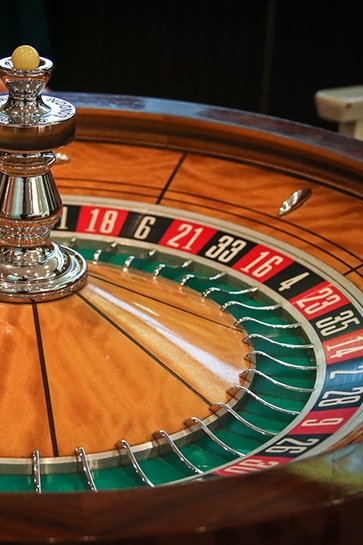
D’Amore Healthcare’s residential treatment program helps those suffering from gambling addiction by removing distractions and easing up on gambling triggers. We provide a comfortable and safe environment full of encouragement. Recovery is a process, and D’Amore Healthcare uses evidence-based modalities, such as Cognitive Behavioral Therapy, as well as our confidence builder, BMU “Build Me Up” incentives which lead to principles of enough, principles of abundance and cognitive adjustments around the fear of scarcity. The skills you learn will lead to a life of autonomy and balance.
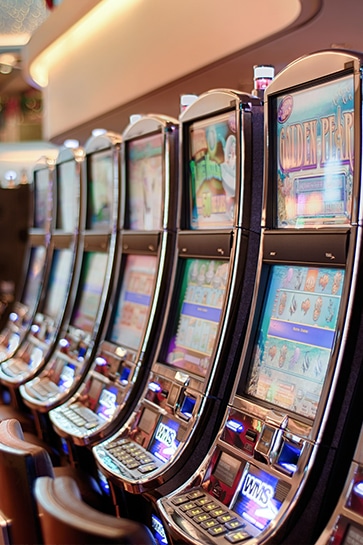
In the age of the internet, gambling is a bigger business than ever before. Gaming is no longer limited to Las Vegas and Atlantic City. Excluding Utah and Hawaii, every state in the country allows some form of legal gambling. The prevalence of offsite and out-of-country based gambling websites enables gamblers to engage in casino-style games or sports betting from their smartphone in an instant. Consequently, the need for gambling addiction treatment has increased dramatically.
Until the 80s, the American Psychiatric Association (APA) considered gambling addiction to be an impulse-control disorder and listed it as such in their Diagnostic and Statistical Manual of Mental Disorders (DSM). However, subsequent research has shown problem gambling to be more closely correlated to drug addiction than previously thought. Both activities involve the brain’s reward system and the release of dopamine.
Furthermore, just like an opiate addict needing greater amounts of their drug of choice, those suffering from gambling addiction also build a tolerance, requiring bigger and riskier bets to produce their desired “high.” As a result, in 2013, the APA reclassified pathological gambling as an addiction called Gambling Disorder in the latest edition of the DSM.
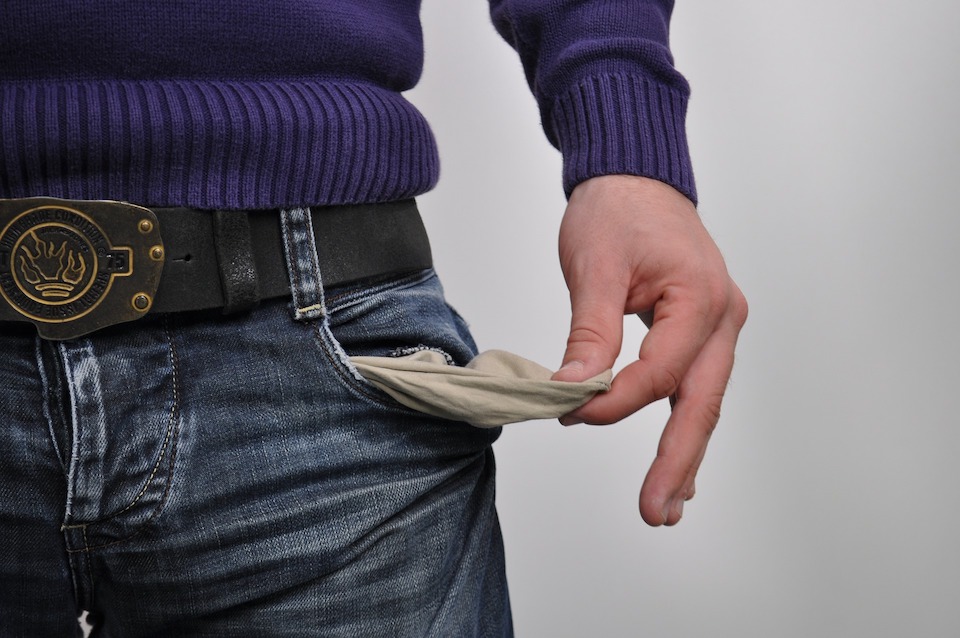
Comparing casual gamblers to gambling addicts is a lot like comparing social drinkers to alcoholics. While a casual gambler can who stop when they start to lose or set a limit to the amount of money they allow themselves to play with, people with a compulsive gambling problem are unable to stop gambling.
Like an alcoholic who promises to just have a drink or two and stop, once the gambling addict begins betting, they will be compelled to keep playing. No matter how much their addiction ends up costing them, they will believe that by betting more than they can recover their money, and fix the problem. This cycle of behavior, of losing money and trying to win it all back, will often become more and more destructive as a gambling addiction progresses.
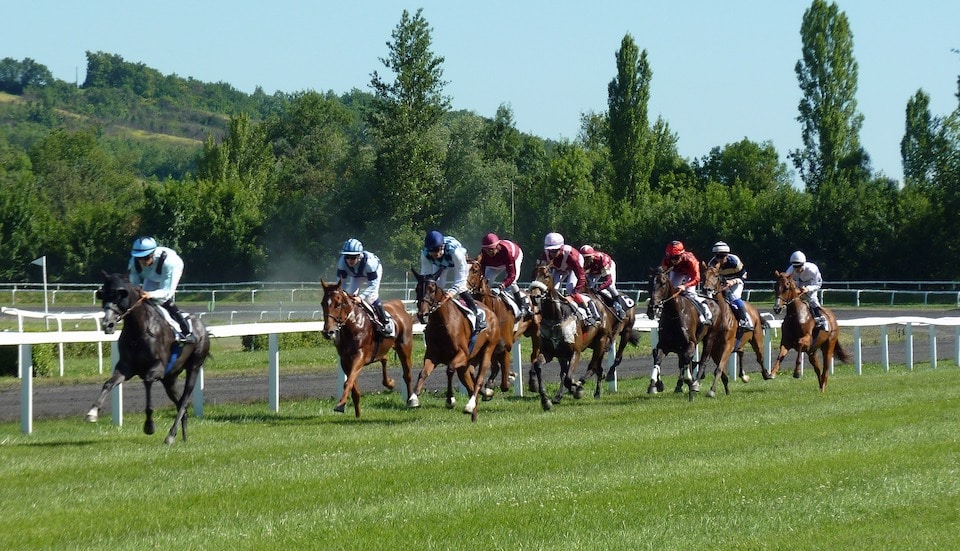

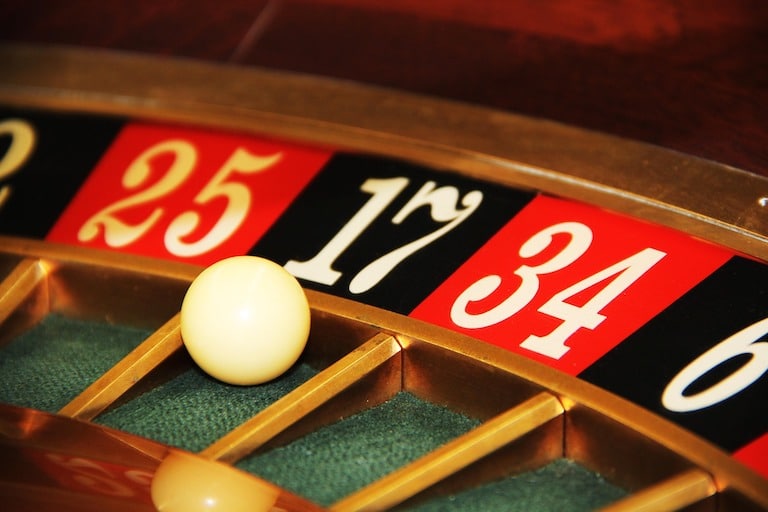
Gambling and losing large sums of money can have a severe mental impact on a gambling addict. The amount of guilt, anxiety, and resentment that accompanies the financial turmoil caused by gambling can be just as harmful to the addict as the monetary losses themselves. Understandably, gambling addiction is often closely tied to depression.
A gambling addiction may look a lot like depression to an outsider looking in. A Gambling addict may exhibit poor work performance, have diminished intimacy and poor general health. If you are worried about a loved one, watch out for signs that you are suffering from depression. They may show symptoms like lack of energy, fatigue, loss of appetite, and general unhappiness. A person with a Gambling addiction may have co-occurring disorders with depression, trauma, anxiety, and a drug or alcohol addiction.
In some instances, a person who is depressed may gamble to attempt to change their mood. They may feel so numbed by their depression, that they are willing to go to any length to feel joy from a big gambling win. In other cases, the financial hardship brought on by compulsive gambling is enough to push a troubled individual into the realm of clinical depression. The guilt and shame that accompanies the inability to stop gambling can bring a person into a state of despair.
Issues of addiction, mental health, and substance abuse often combine to bring a person to their “rock bottom” when they finally ask for help and seek treatment. Because of this, D’Amore Healthcare has developed an integrated treatment program that takes all aspects of a person’s psychological history into consideration when they design a treatment plan for someone who wants to recover from a gambling addiction.
During an intervention, whether it be for drug addiction, alcoholism, or gambling addiction, friends, and family members of the person suffering from an addiction gently confront the addict about their behavior. Throughout this process, the family members share how much they love the addict, but also communicate clearly that they have been harmed by the addict’s behavior.
Loved ones will provide examples of instances when the gambling addict hurt or disappointed them and make clear what needs to be done to repair the damage. Interventions can be difficult to plan and should be overseen by a licensed interventionist or mental health professional in order to ensure that the right steps are taken to compel the addict to seek proper addiction treatment.
Successful interventions come from a place of caring and compassion. In many instances, the loved ones of a gambling addict have some justifiable anger and resentment towards the addict. This pain should not cloud the overall message of love and understanding. The goal is to bring the addict to an understanding of how far their gambling problem has gone. The addict should come to understand that they are not the only ones living with the consequences of their compulsion to gamble. Remember that you love them, but not their behavior.
Denial is a powerful tool for an addict. A gambling addict may attempt to hide from the reality of their circumstances. They do this to fool themselves into believing that things haven’t gotten “that bad.” They can then rationalize their behavior and stay in their addiction. The best way to counteract this defense mechanism is for the group of loved ones to provide multiple, specific instances where the addict has brought harm to them. By discussing these instances in great detail and describing how the scenario made them feel, an addict will be forced to confront the weight of their behavior and how it has impacted their loved ones.
During this stage of the intervention, the family and friends of a gambling addict will ask the addict to agree to take a prearranged course of action to get treatment for their gambling addiction. An interventionist, mental health professional, or addiction specialist can provide some options on where the addict can get help based on their individual needs. For some, help can be found in Gamblers Anonymous, while others may need the support of a residential gambling addiction treatment program like D’Amore Healthcare.
It must be made clear to the gambling addict that there will be consequences if they do not agree to take the course of action determined by their friends and family. A successful intervention will require the loved ones of an addict to lay down the boundaries that they are willing to enforce if the addict does not get help for their addiction. This can be uncomfortable for family members to do, but in the end, it is necessary to convince the addict that action must be taken if they want to recover from their addiction.
When a friend or family member has a gambling addiction, they often start out being very secretive about it. In many instances, you may not become aware of the issue until the consequences of their behavior begin to stack up. In a fit of desperation, they may reach out to you and ask for help. But a loan or mutual business venture is not the type of help that this person needs. Spending time and energy, trying to get your loved one out of trouble, only enables their addiction and increases the amount of harm that they are able to cause. Addictions often turn a parent, child, or partner’s loving impulses against them. In these scenarios, compassionate detachment is often the best course of action.
The love and support of family members are vital to a gambling addict’s journey to recovery. But at the end of the day, their loved ones cannot make the choice to quit gambling for them. The decision to get help and seek treatment for a gambling addiction must come from within. However, the friends and family of a gambling addict can encourage them to seek help. They can educate (without lecturing) the addict about their compulsive behavior and explain that they are just one of many people who have become psychologically dependent upon gambling.
If you or someone you love is suffering from gambling addiction, please get help immediately. Research has shown that the methods proven to be effective in treating those suffering from drug addiction have also been effective in treating gambling addiction. Call D’Amore Healthcare to get help today!